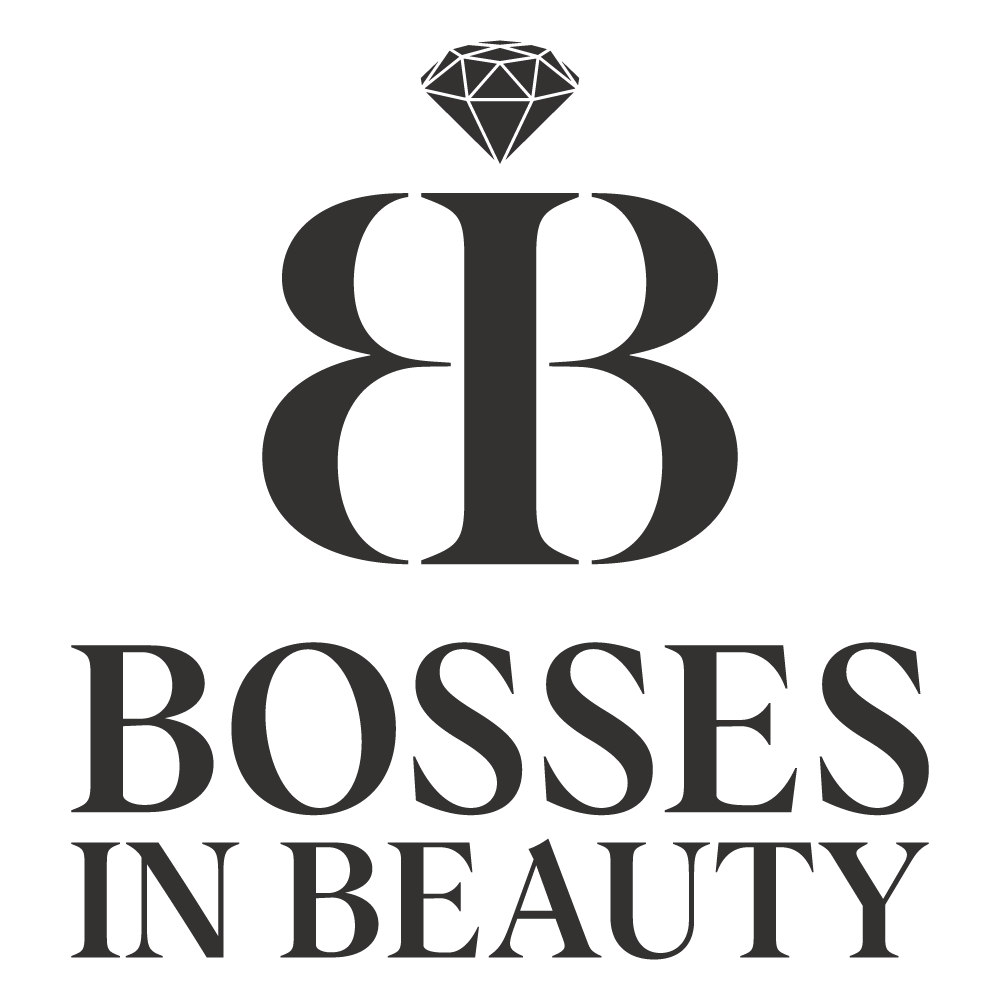How to Prep For Your Esthetician State Board Exam

Most jurisdictions require aspiring estheticians to pass a state board exam to receive their license before they can practice. Although each state is different, certain aspects of the test will be the same no matter where you take it.
If you’re preparing for your esthetics exam, you’ll want to know what types of questions to expect and how to give yourself the best possible chance of success. Join us for a guide to the typical esthetics state board exam!
What is covered on an esthetician state board exam?

Ready to get started? Here’s a closer look at state board exams for estheticians:
What topics does it cover?
While the topics on each esthetician state board exam can vary by location, here are some of the subjects you can expect to encounter:
- Anatomy and physiology
- Sanitation and infection control
- Identification of skin disorders
- Contraindications
- Treatment procedures
Do exam requirements differ by state?
They sure do! Each state has different requirements, so your location will determine what you should study. Some states, like California, have adopted exams developed by the National-Interstate Council of State Boards of Cosmetology (NIC).
What is the format of the exam?
Many esthetician state board exams include written and practical assessments to determine your overall knowledge of the field. The written exam may focus on theoretical concepts, anatomy and physiology, disease control procedures, and similar topics. On the other hand, your practical exam will test your technical skills in areas such as hair removal, facial mask application, and massage.
How to prep for your exam
Doing your research and developing strong study skills will go a long way to earning a high score on your esthetics exam, and you may also have resources available if you attended esthetician school. Here are some good ways to get ready for your esthetician state board exam:
Understand the format
Some esthetician exams are single-day events, while others take place over multiple days. Your state’s test could be entirely written, fully practical, or a mix of both categories. Of course, many accredited esthetics training programs include an overview of your state board exam to help you understand the format.
Use the right study materials and resources
While studying comes naturally to some people, it takes a little more effort for others to develop healthy study habits. Start preparing well in advance of your exam date and play around with your different techniques until you find what works best for you. Quiz yourself with flashcards, walk through proper equipment setup and breakdown protocols, and regularly review the steps of standard skin care treatments.
If you’re a student, be sure to make the most of your access to highly trained instructors who can provide detailed guidance on your specific exam. They can help you understand the types of questions asked, materials covered, and much more.
Practice
The internet is a magical place, and one of the greatest benefits it offers is access to free study materials and online practice tests for aspiring estheticians. Even if you can’t find an official esthetician practice exam for your state, you can usually find general practice tests that cover many of the same overlapping topics so you can have a better idea of what to expect when you take the real deal.
Prioritize sanitation
Oversight boards want to know that your clients will be in good hands. Having a solid grasp of proper sanitation procedures can set you up for success and ensure the health and safety of your future clients. Remember, the esthetics exam is your chance to demonstrate your knowledge to the state board.
Manage your time
Most state board exams enforce a strict time limit for each test taker. Be sure to keep this time cap in mind as you take practice exams and prepare for the big day. You can also prepare yourself a little better for this by using timers when you study with your practice tests.
What to consider when preparing for your esthetician exam
Beyond taking the steps above to prepare, there are several more considerations to think about when getting ready for your esthetician exam:
Licensing requirements
As with state board exams, esthetician licensing requirements vary by state. Before registering for the test, be sure you satisfy the training hours and other conditions of your jurisdiction’s cosmetology board.
Exam deadlines
Many states require recent esthetics school graduates to take the state board exam within a certain time period. This window could be anywhere from six months to two years. You may also need to complete continuing education credits to maintain your license once you’ve earned it. Be sure to keep critical renewal dates and deadlines on the calendar so they don’t slip your mind.
Associated fees
You will likely pay a fee for each individual portion of your esthetician state board exam, but the expenses don’t end there. You can also expect to pay for your application, license, renewal, and other administrative fees. Check the state board website for specific costs.
Bosses in Beauty is here to help you on your journey to an esthetician career!
At Bosses in Beauty, we’re dedicated to helping estheticians grow their businesses and develop thriving practices! Whether you’re preparing to ace your esthetician state board exam or you’re ready to take your business to the next level, we’re here to help!
Have a question about mastering the art of running a successful esthetics business? We have the answer! Contact us today to learn how we can help!
Thinking about starting your own esthetics business?

Download The Top 12 Mistakes Estheticians Make When Going Solo so you can be fully prepared to take any challenge starting your beauty biz throws at you!


